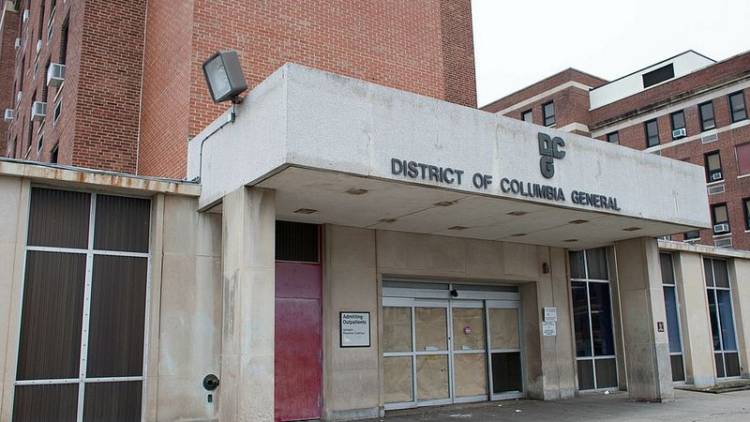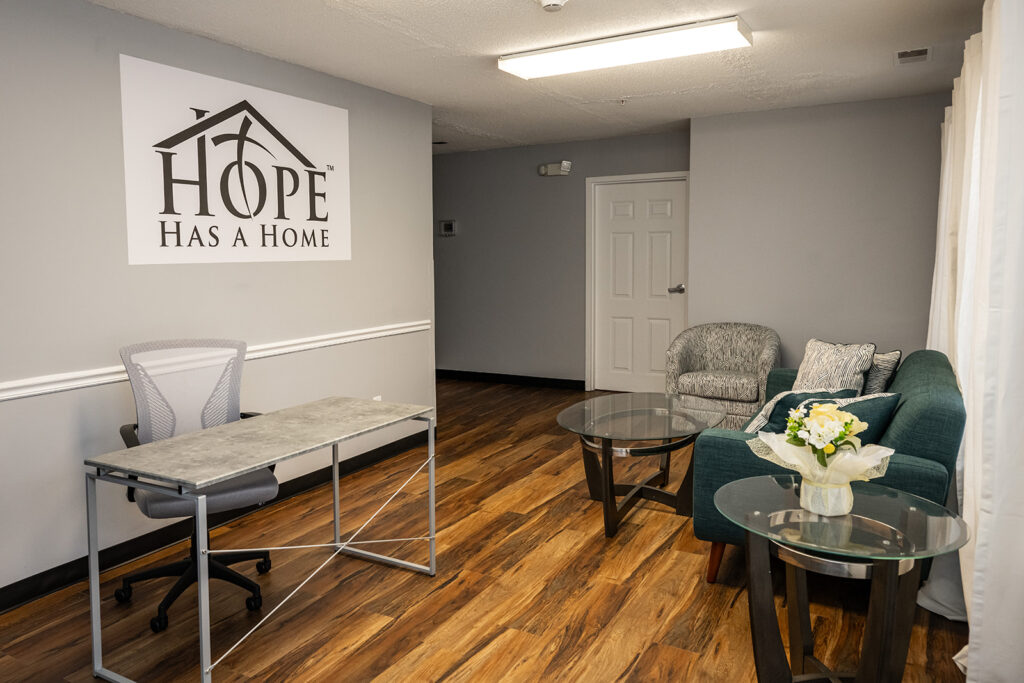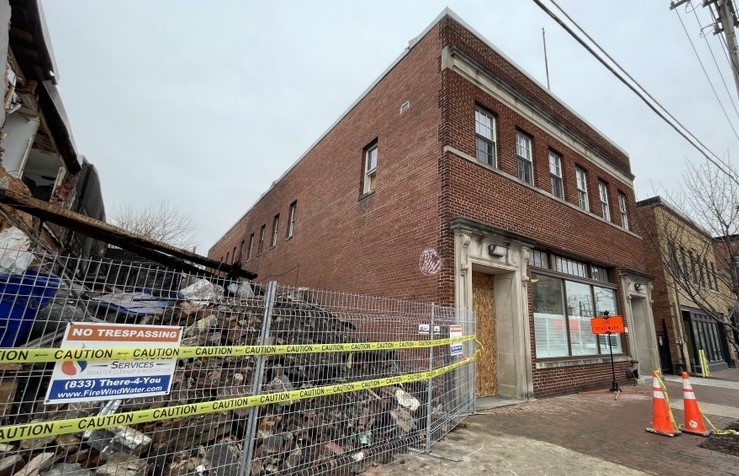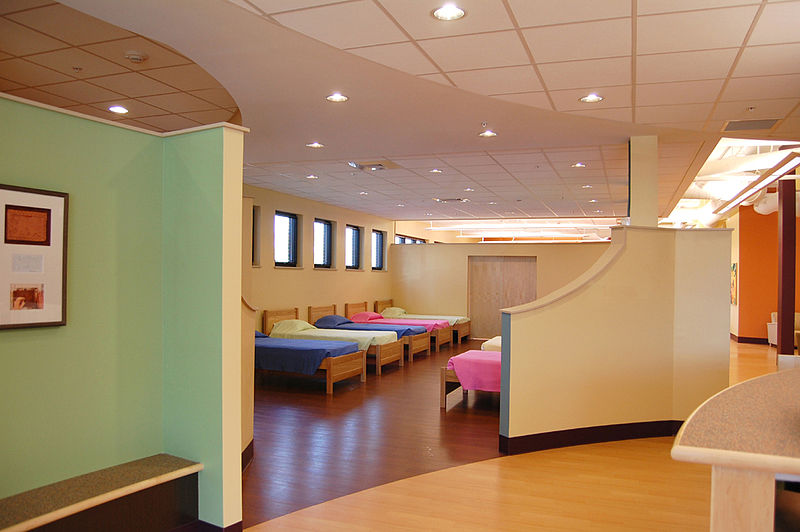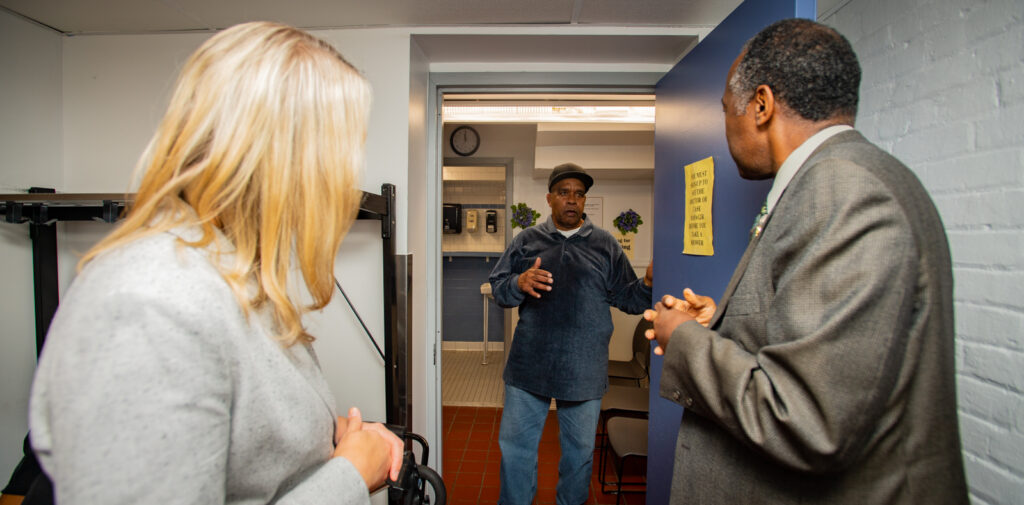Members of the D.C. Council and advocates for people experiencing homelessness questioned the timeframe for closing the D.C. General family shelter at a March 14 oversight hearing. They expressed concerns that closing the shelter and beginning to deconstruct it by the end of 2018 may endanger residents and will push some into even worse housing conditions, as only three of the expected seven replacement shelters will be online by the end of the year.
Ward 8 Councilmember Trayon White Sr. said he was concerned that, to meet the closing deadline, families at D.C. General would be pushed into hotels or rapid re-housing programs that were not right for them.
In addition, some buildings within the D.C. General complex contain lead and asbestos, including one building where demolition began earlier in the week. Public witnesses and councilmembers questioned the need to start demolishing these buildings while families are still living in other buildings on the campus. “Why are we taking a risk on the health and lives of people that live in that building?” said Amber Harding, a staff attorney at the Washington Legal Clinic for the Homeless.
Brian Butler, from the Capital Construction Division of the Department of General Services, said that department has often carried out demolition of buildings with asbestos and lead in densely populated areas while prioritizing safety concerns. He added that because D.C. General is in a populated area, the safety protocols for demolishing it would be the same regardless of whether families were living in the complex.
Mayor Muriel Bowser first promised to close the shelter during her 2014 election campaign, and she released a specific plan to do so in early 2016. After D.C. Council amended the locations chosen for local shelters, delaying their construction, the project’s deadline was pushed back to 2020. However, in January, Bowser renewed her promise to close the shelter by the end of year, before all replacement shelters will be open.
Aja Taylor, the advocacy director of Bread for the City, argued that the city created a “manufactured sense of urgency” for the construction of the shelters by stating at first that all local shelters needed to be done by the time D.C. General closed. She said this led the city to cut corners when building the shelters, for example, by not building private bathrooms.
But Laura Zeilinger, director of the Department of Human Services, said the mayor’s plan had always been to close the shelter by the end of 2018, and the department’s efforts at homelessness prevention had successfully limited the number of homeless families seeking shelter. Zeilinger said the reduced number of families will allow the department to absorb those leaving D.C. General with the resources it currently has available, via the three replacement shelters that will be completed on time, housing programs and overflow capacity in hotels. She said the recent start of demolition was in line with the department’s broader goal of leaving D.C. General as quickly as possible.
“We have a plan … that allows us to serve families better and achieve this goal on time,” Zeilinger said, “which we think families will be really excited about.”
